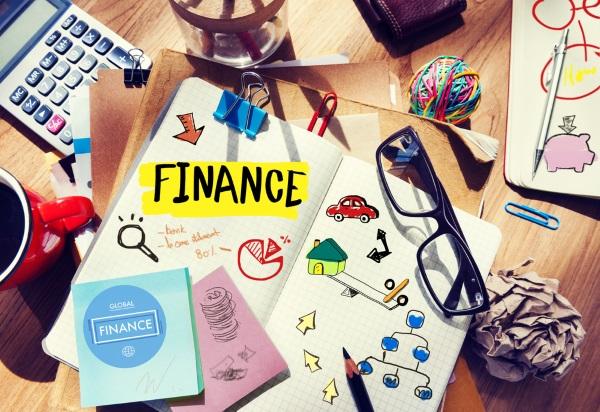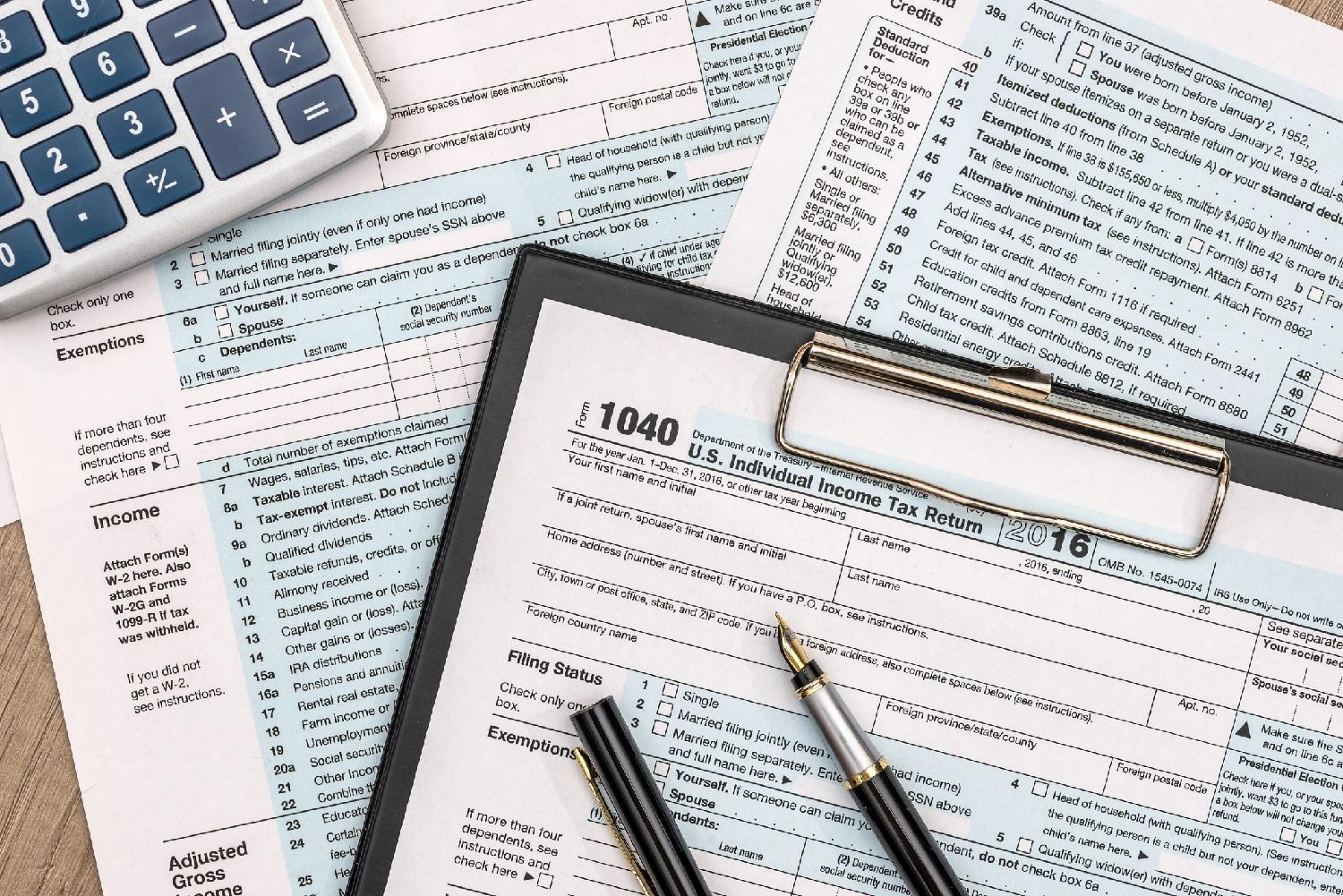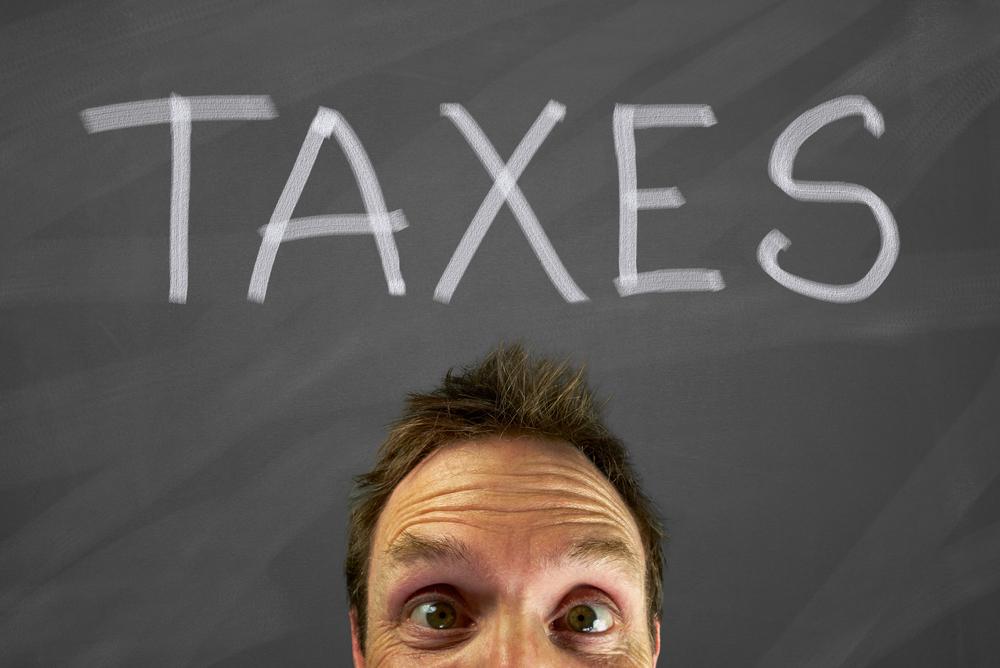Finances
Learn the ins and outs of what you need to have ready to secure funding for your business. We've covered the basics.
Latest: Advice, Tips and Resources
See All Latest
Business loans and lines of credit aren't the only ways a small business can get funds. Learn why a cash advance might work for your company.

This guide offers budgeting tips for small business owners who want to better manage the finances of their business.

Are your customers refusing to pay their outstanding balance? Here's what you can do when a customer won't pay their bill.

Accounts payable are bills a company must pay. Learn about the accounts payable process and how to handle this crucial component of your business finances.

This article includes the most up-to-date tax rules small business owners need to know for the current year.

Tax changes for the 2026 tax year may affect you and your business. Learn about key tax issues and tips for getting ready for tax season.

April 15 approaches quickly, and many day-to-day decisions significantly impact your tax obligation. Follow these eight steps to stay on top of taxes.

Revenue-based financing can help businesses find capital without incurring interest or losing equity. Learn the pros and cons of revenue-based financing.

Cryptocurrency can lower transaction fees but introduce security concerns. Learn the benefits and risks of accepting cryptocurrency at your small business.

Filing for a business tax extension can buy you additional time when you're not prepared to file taxes. Here's how to file an extension for your business.

This guide covers some of the biggest mistakes that businesses make when filing taxes, what deductions shouldn’t be overlooked and how small business owners can get tax season right.

Tax apps, business tax software and other tools can help small business owners stay on top of tax obligations. Discover 10 small business tax solutions.

Just about every business has some expenses it can cut.Learn where you can eliminate costs and help your cash flow.

This article offers the best alternatives to QuickBooks for small business accounting software.

This guide defines intangible assets and explains why they're important to a small business.

This guide explains generally accepted accounting principles (GAAP) and how they apply to businesses.

A government shutdown can have negative impacts on small businesses — such as lost profits or delayed loans. Learn how your company can prepare for one.

Here's everything you should know about return on investment and how to use it to ensure your business spending is increasing your earnings.

Microfinancing is the process of giving small loans to business owners without access to traditional financial products. Learn how microfinancing works.

These tax deductions might seem made up, but the IRS allows them. See if you qualify for any of these strange but legal deductions.

Is it time for the U.S. to remove the penny from circulation? Learn why some experts think the one-cent copper coin isn't worth the trouble of manufacturing.
GDP is the value of all goods and services produced in a country – and one of the most closely watched economic indicators. Learn how to calculate GDP.

Stagflation is a mix of increasing prices and limited economic growth, and governments can do little about it. Here's what small businesses should know.

Find out what fiscal policy is and how it affects the economy – and your business – through investment opportunities, tax changes and unemployment rates.

Learn all about NASDAQ, the world's second-largest, tech-heavy stock exchange.

Learn how small businesses can get tax benefits with research and development credits.

Understanding economic principles helps entrepreneurs see the big picture. Learn about the economic branches and applications, including the stock market.

Small business credit cards can help with short-term debts.

Learn the importance of accurate P&L statement reporting and how it may keep your business on the right track and sound financial footing.

This easy, step-by-step guide will show you how to run payroll in QuickBooks, featuring in-depth instructions and images.